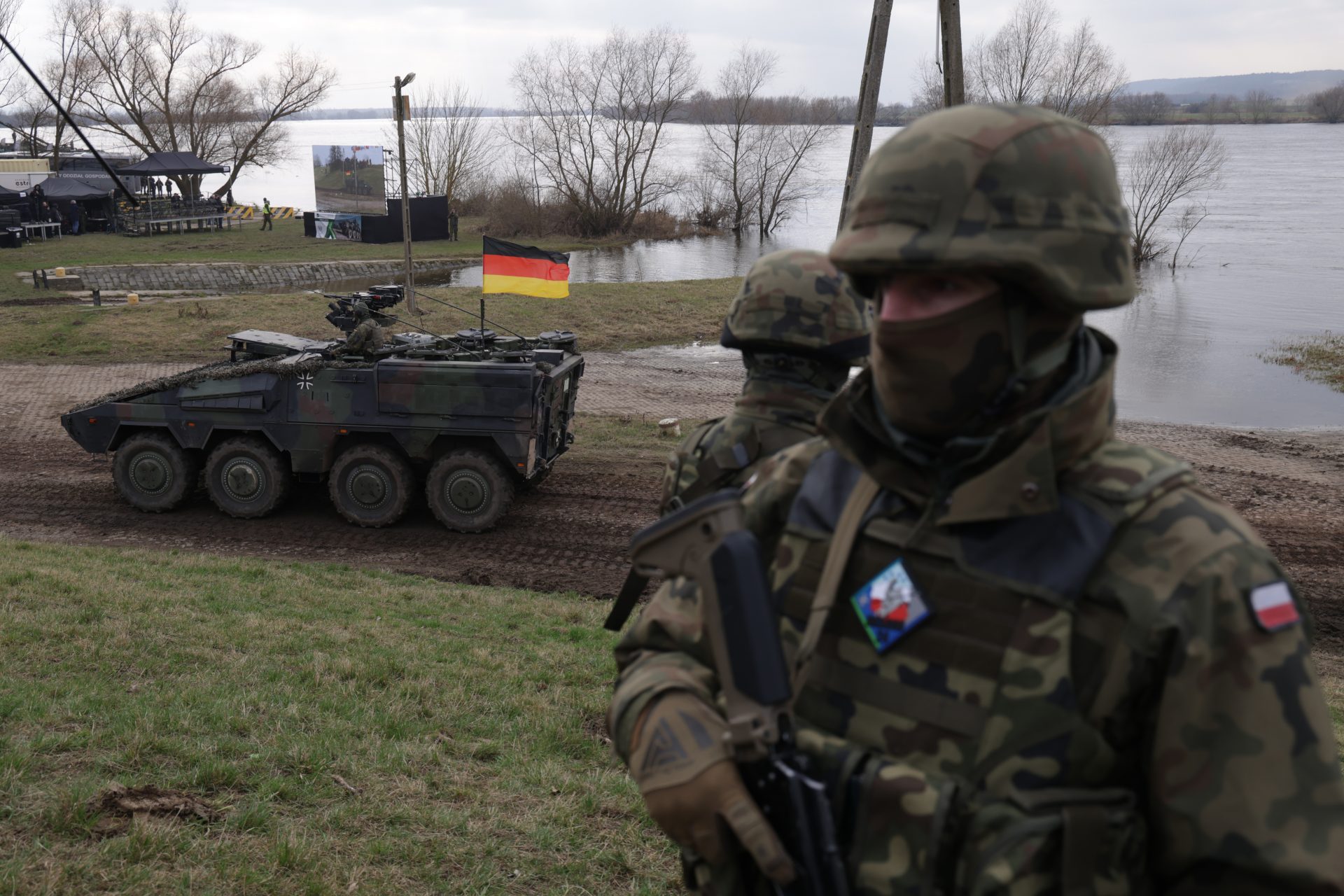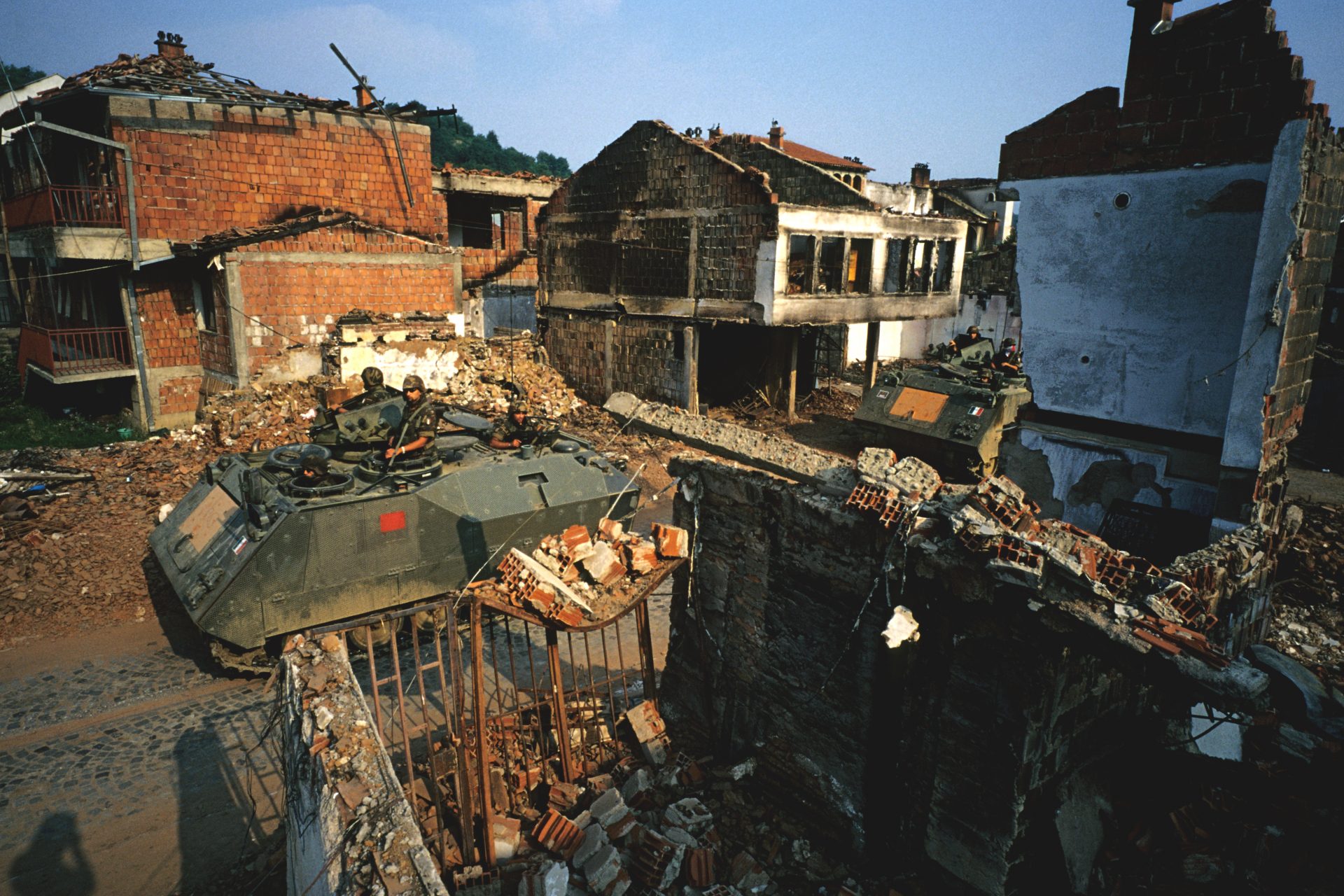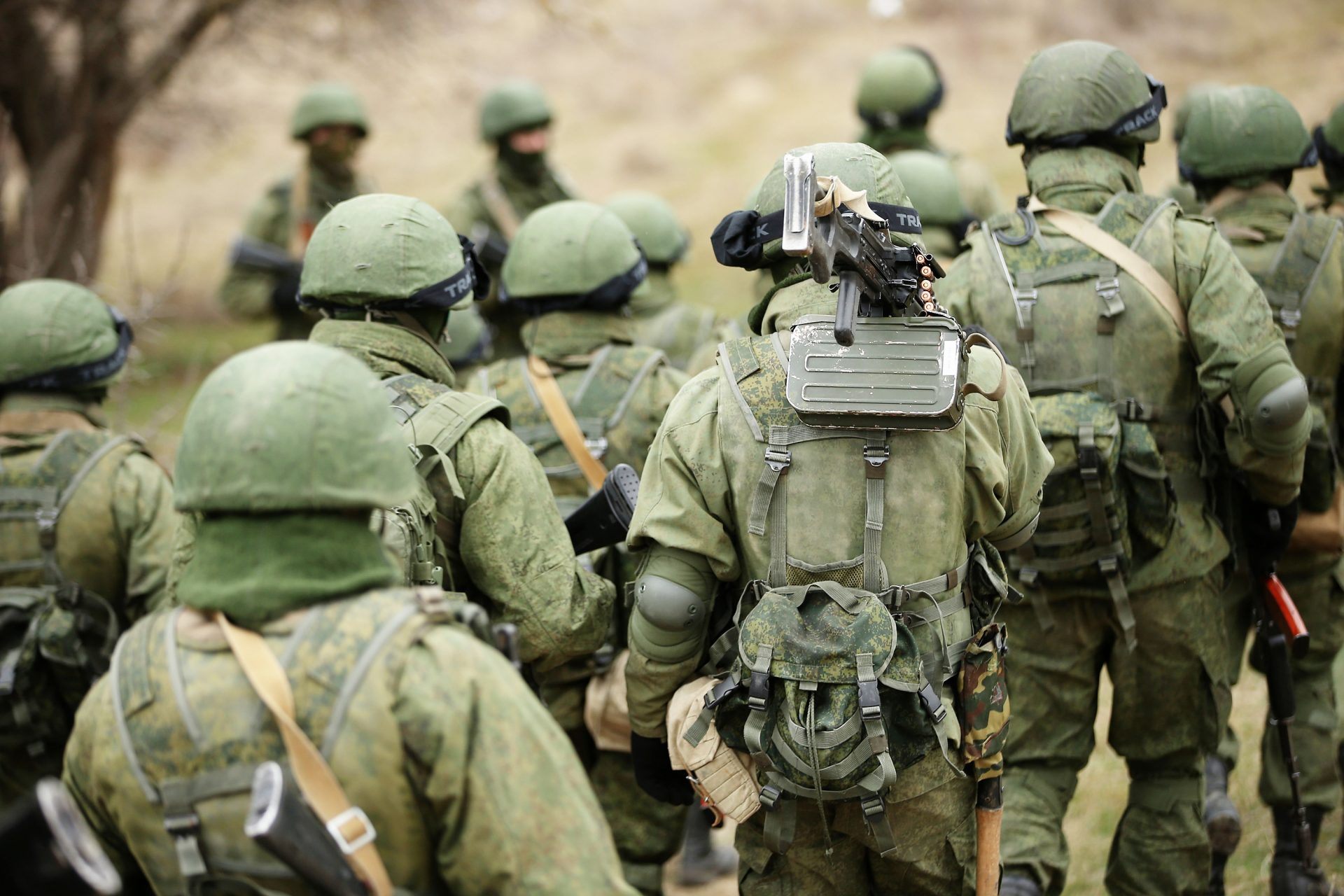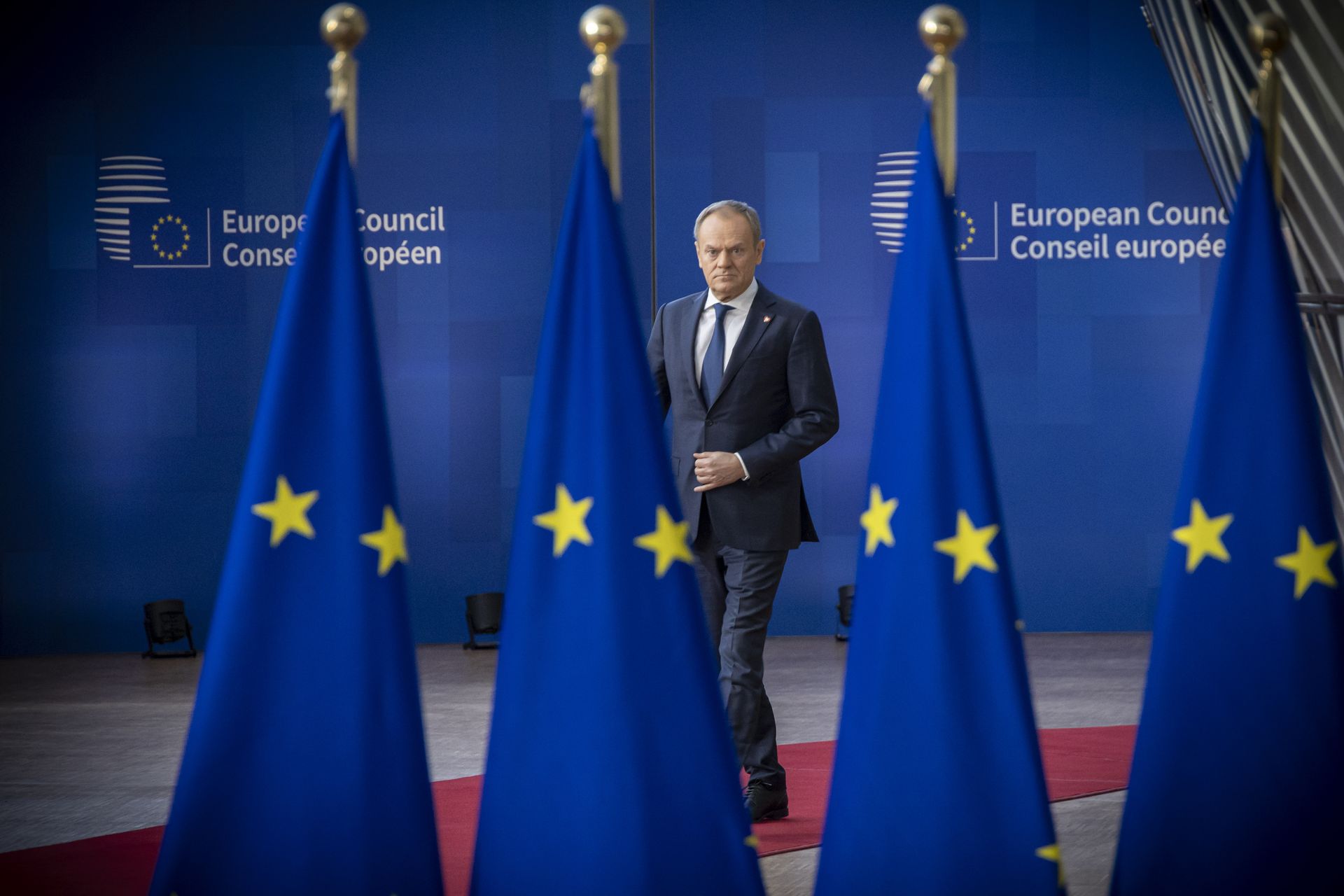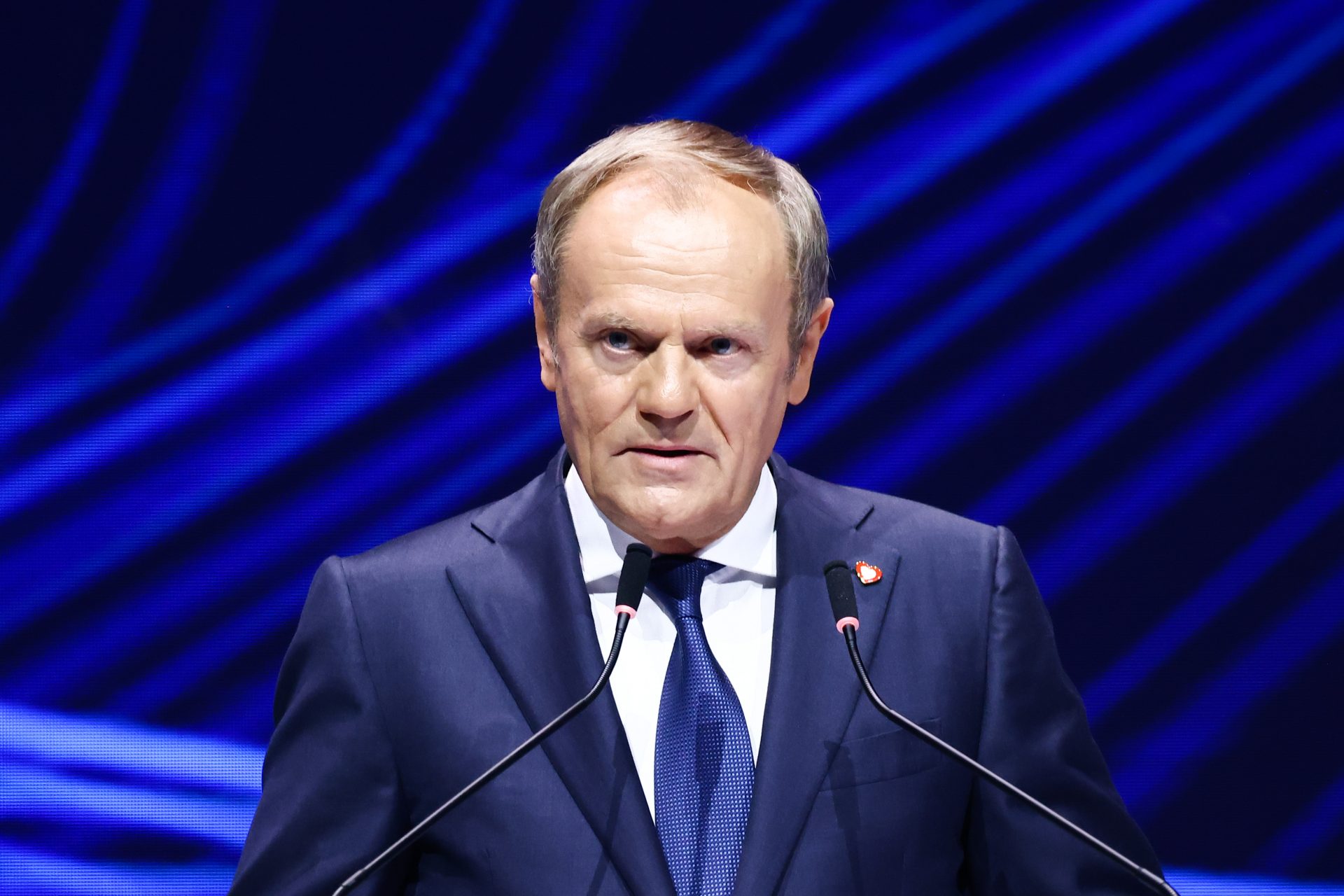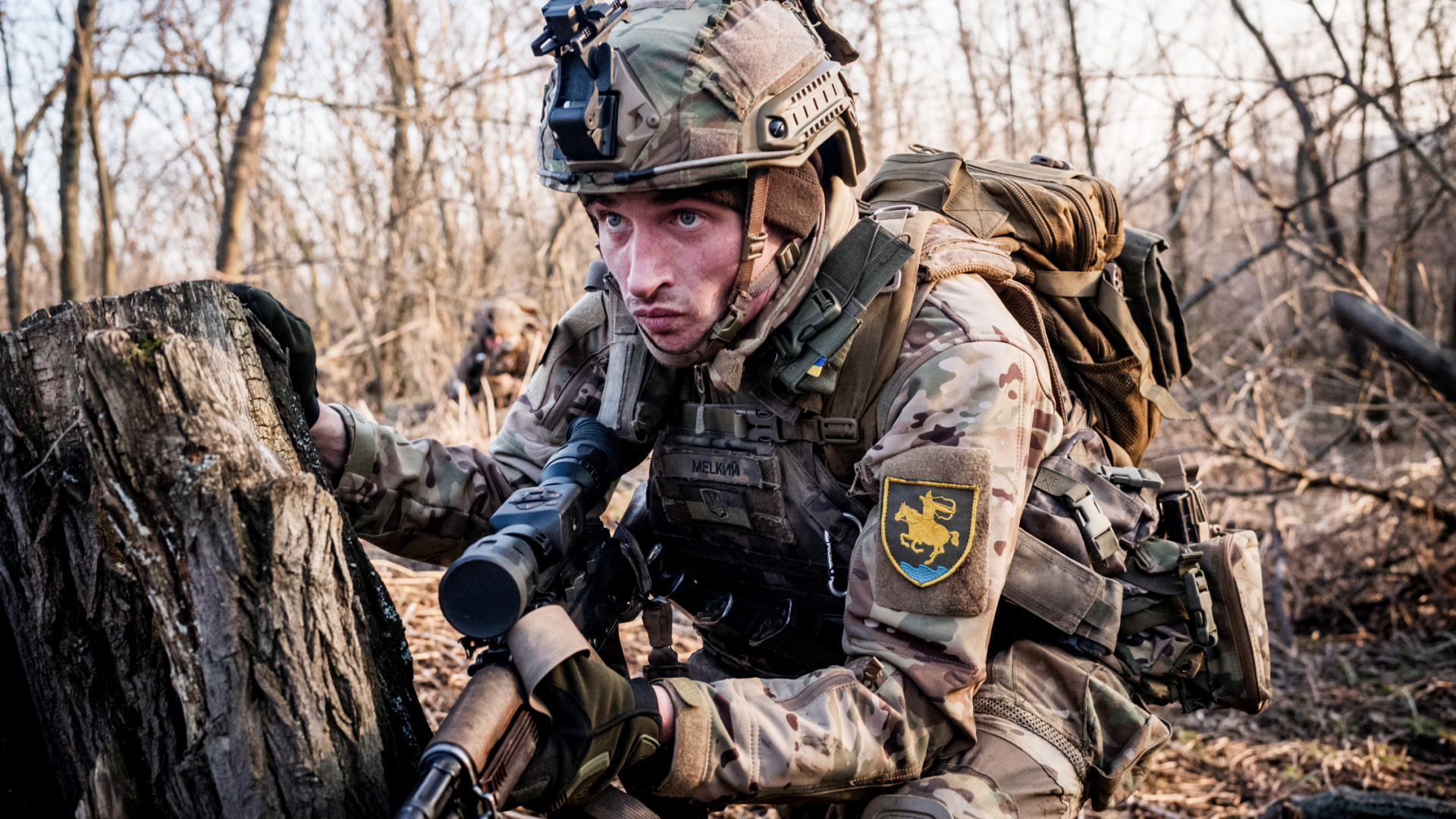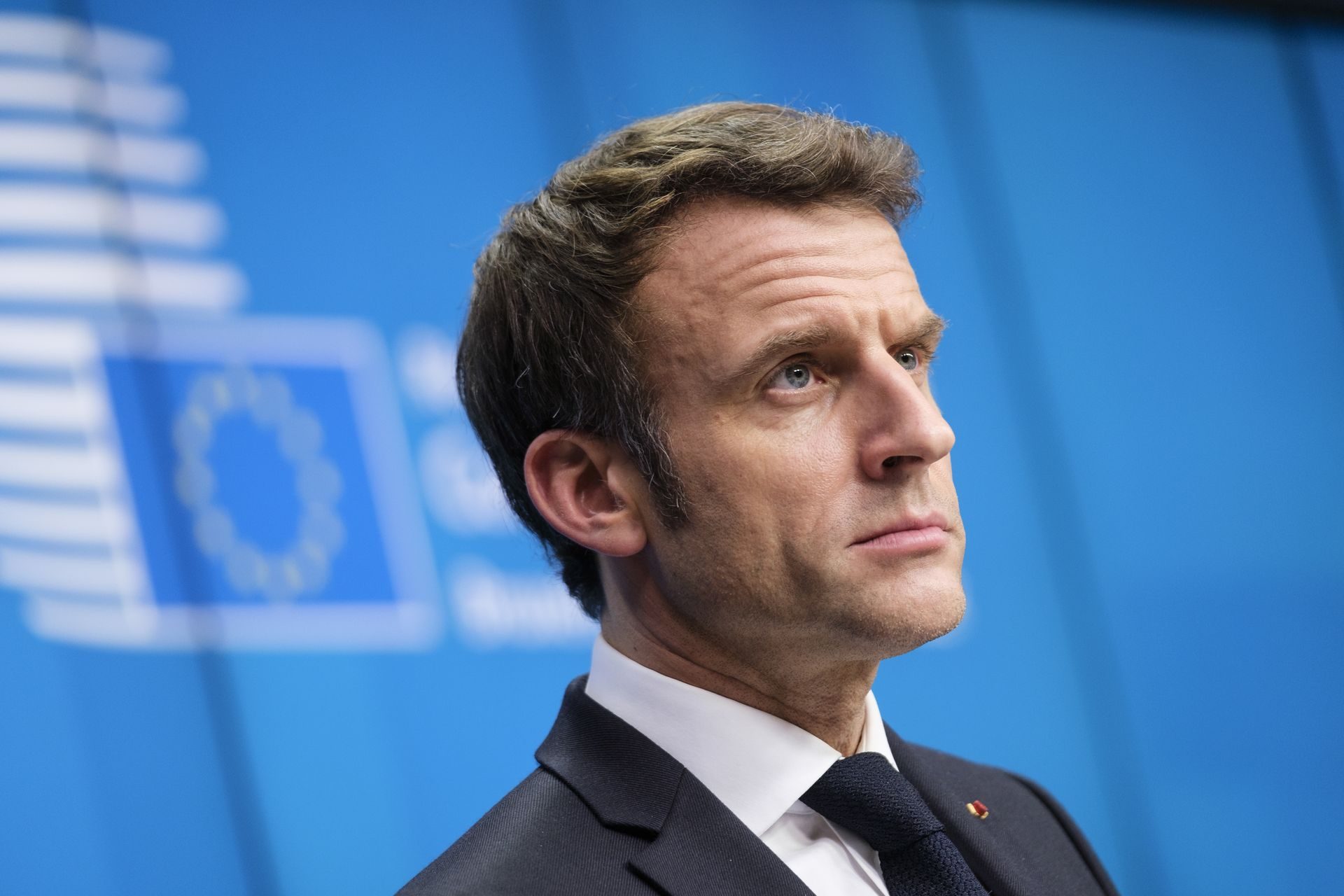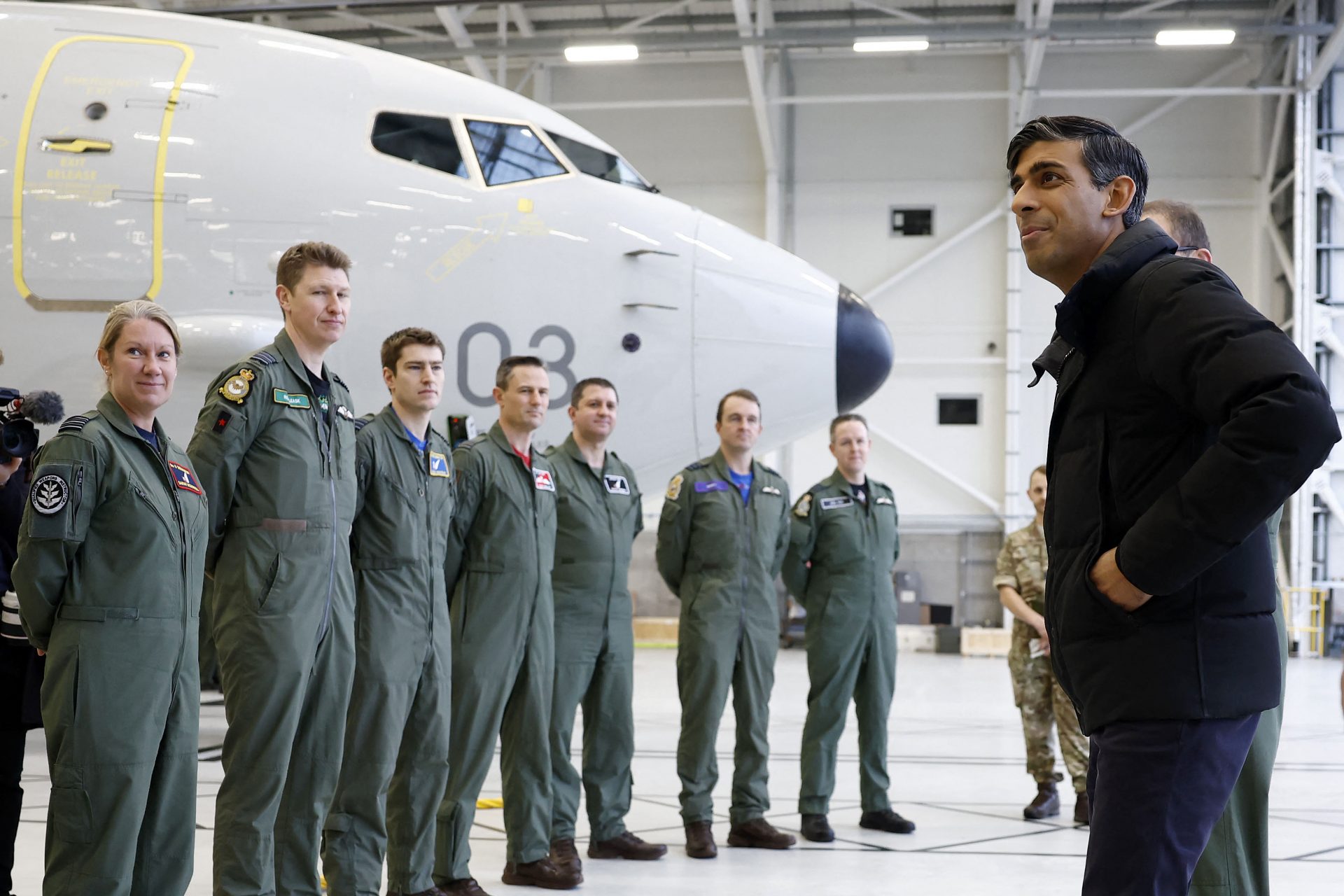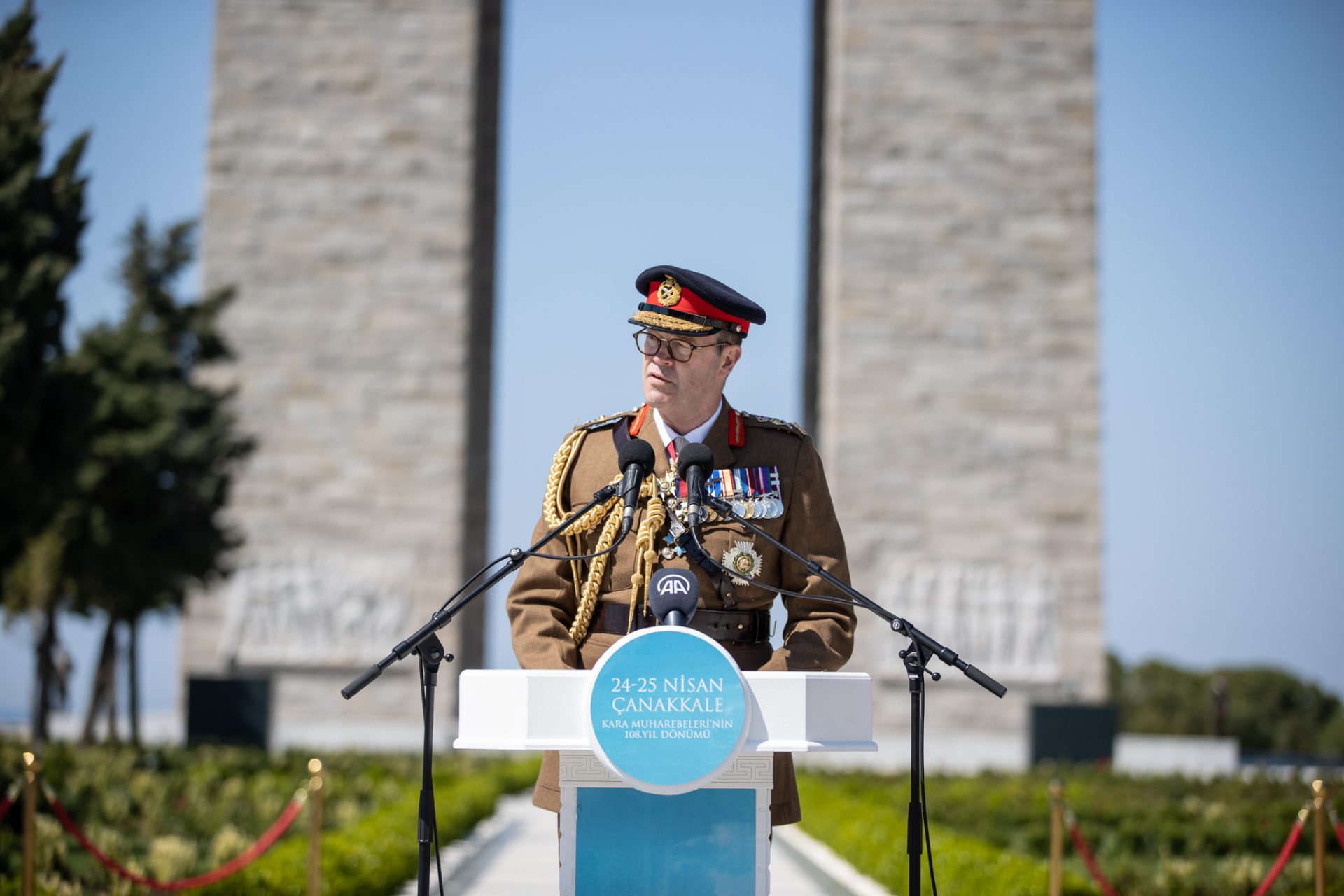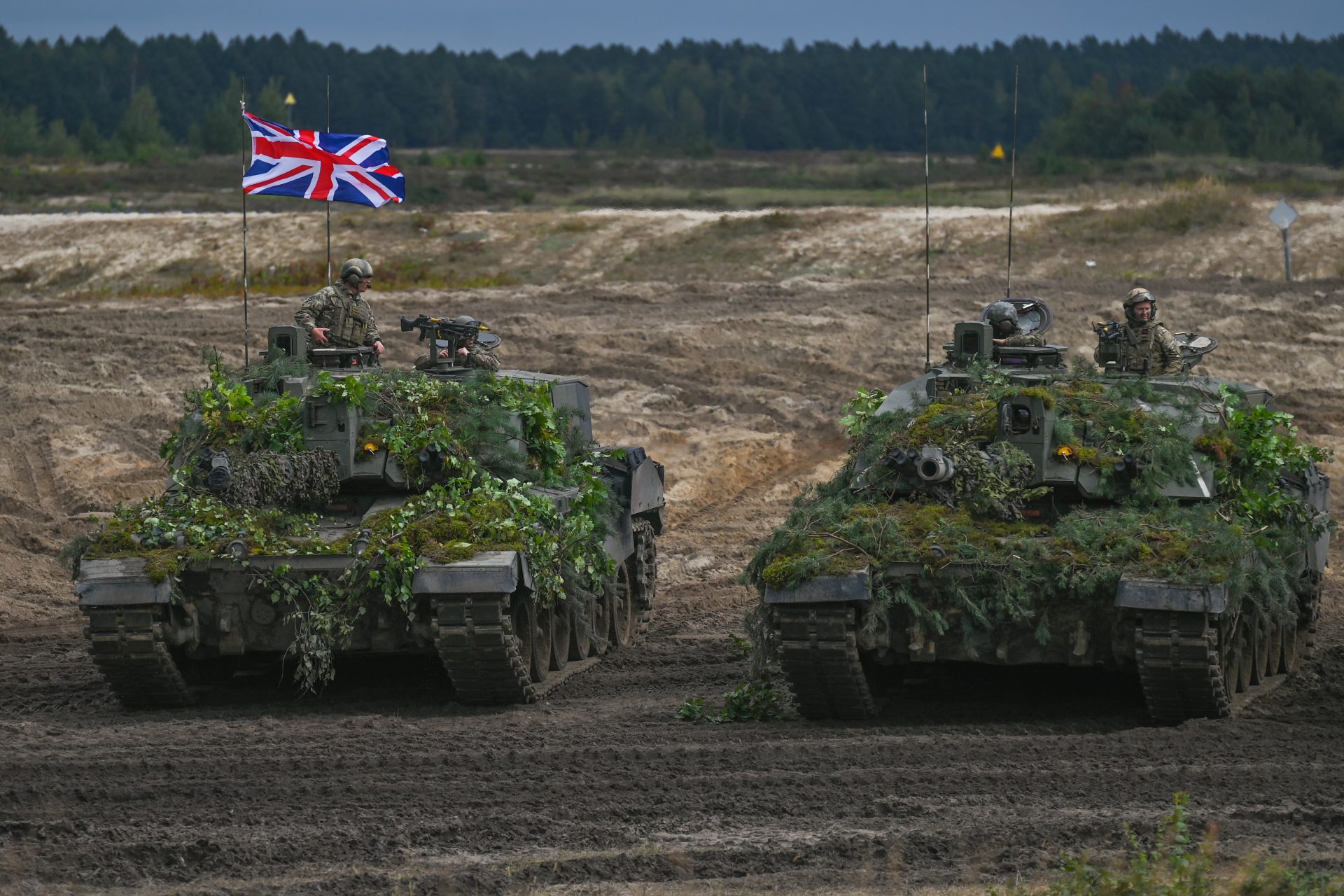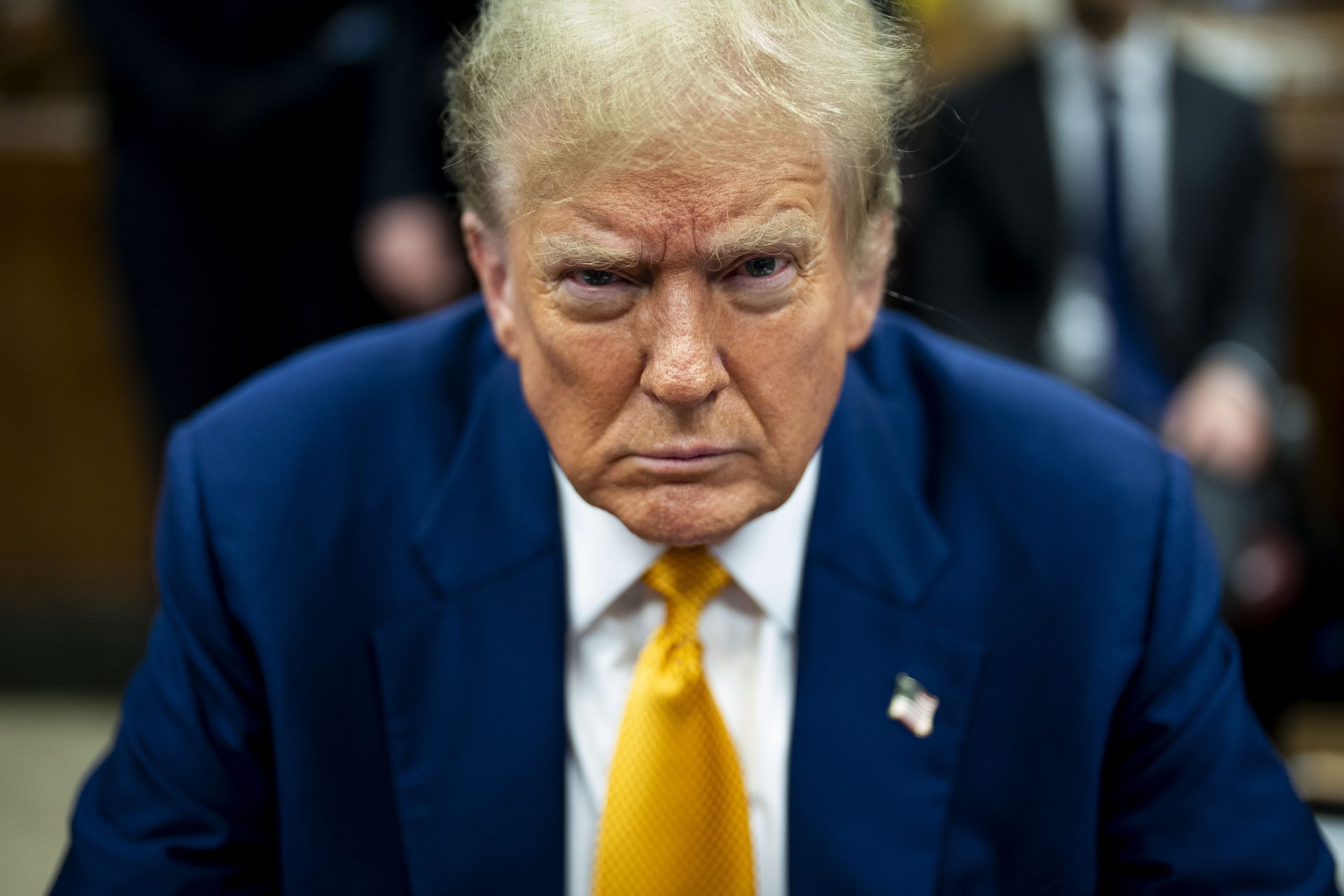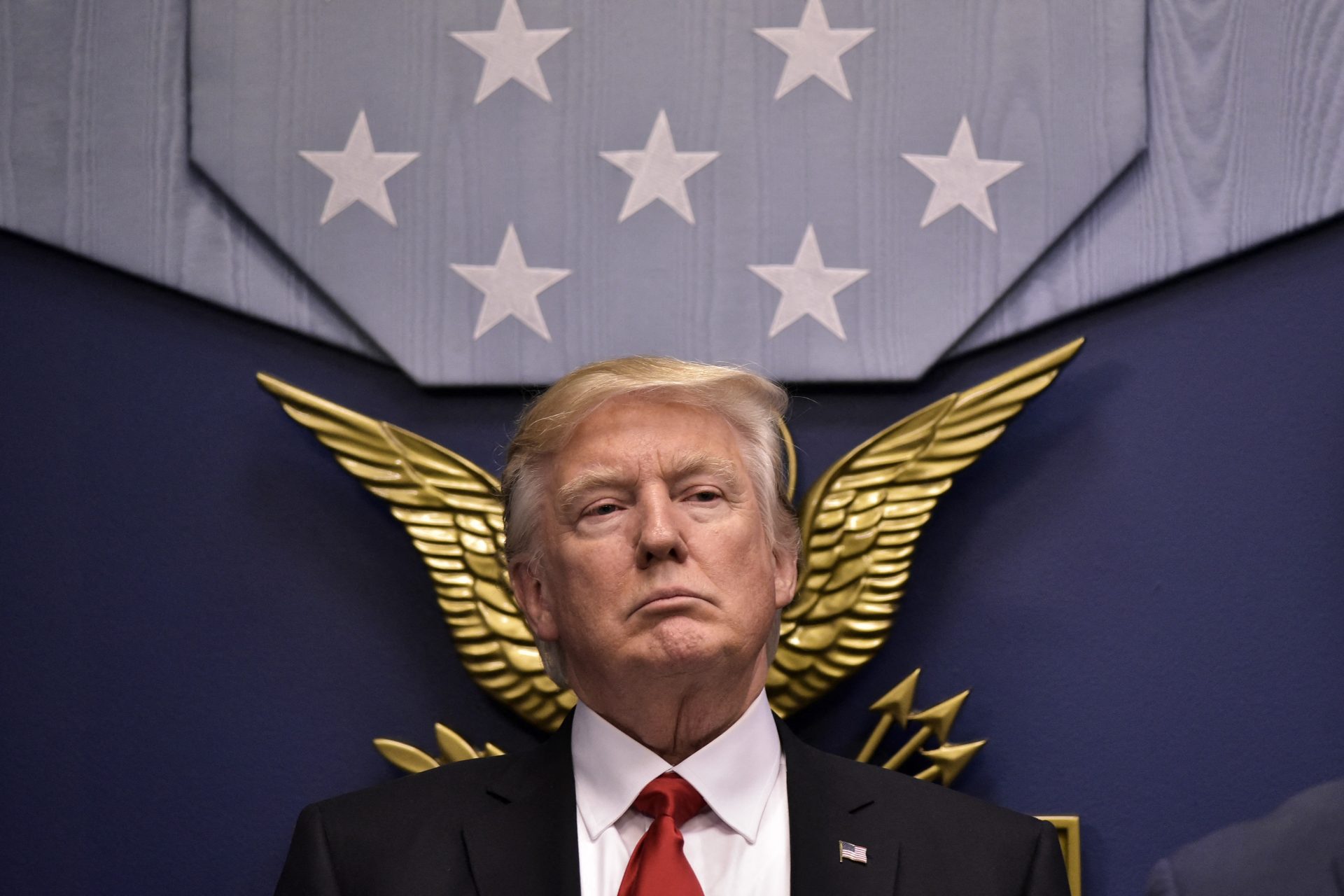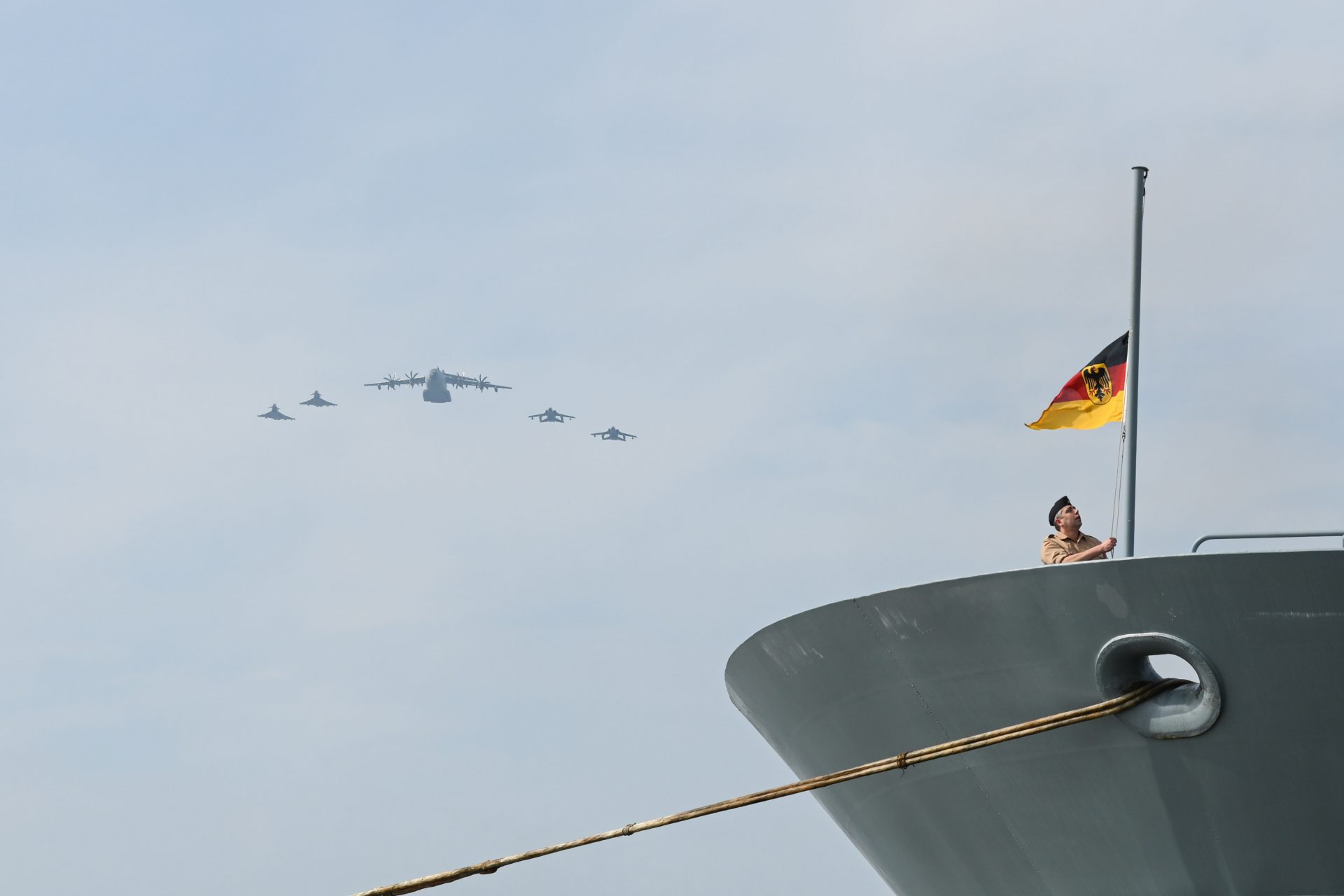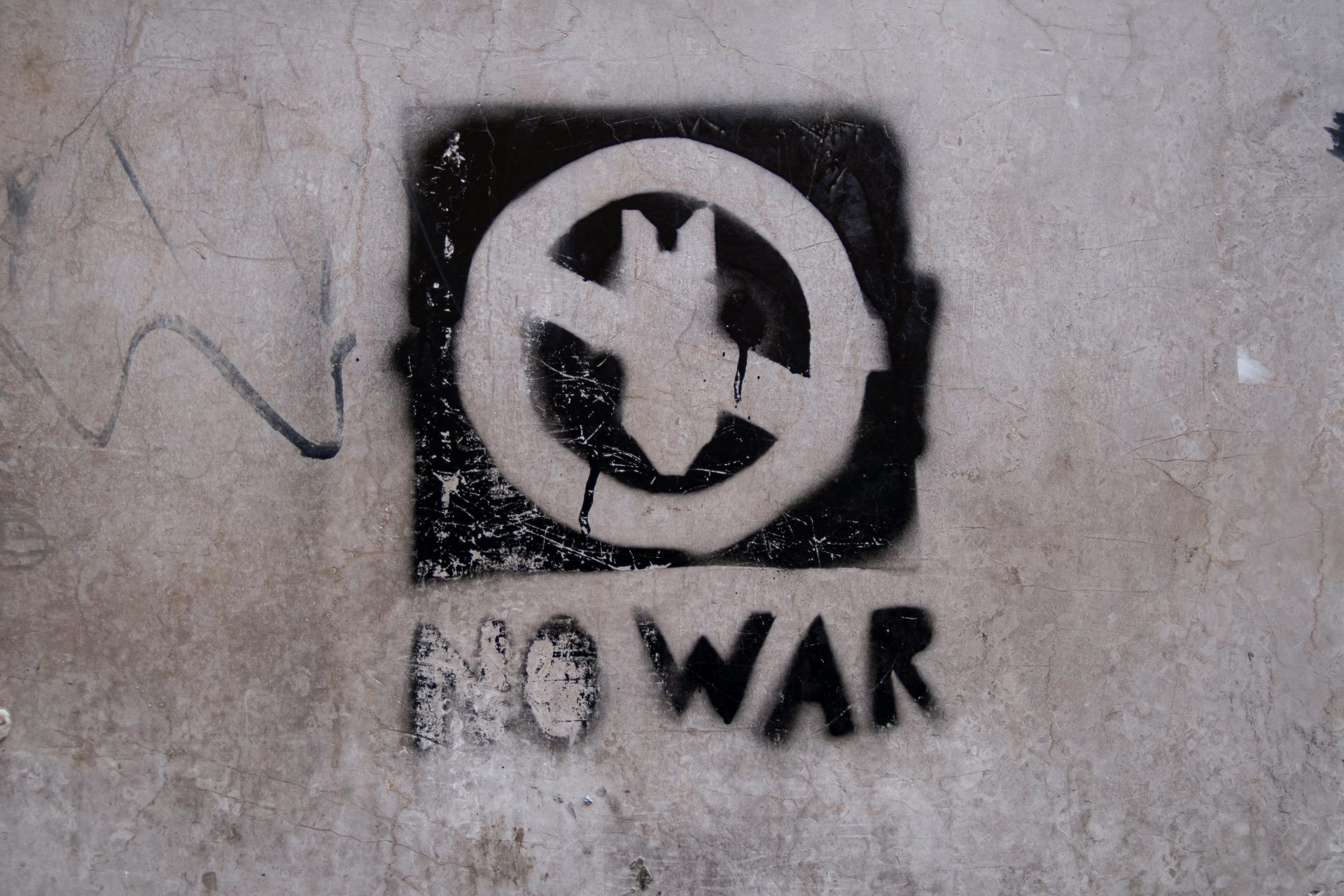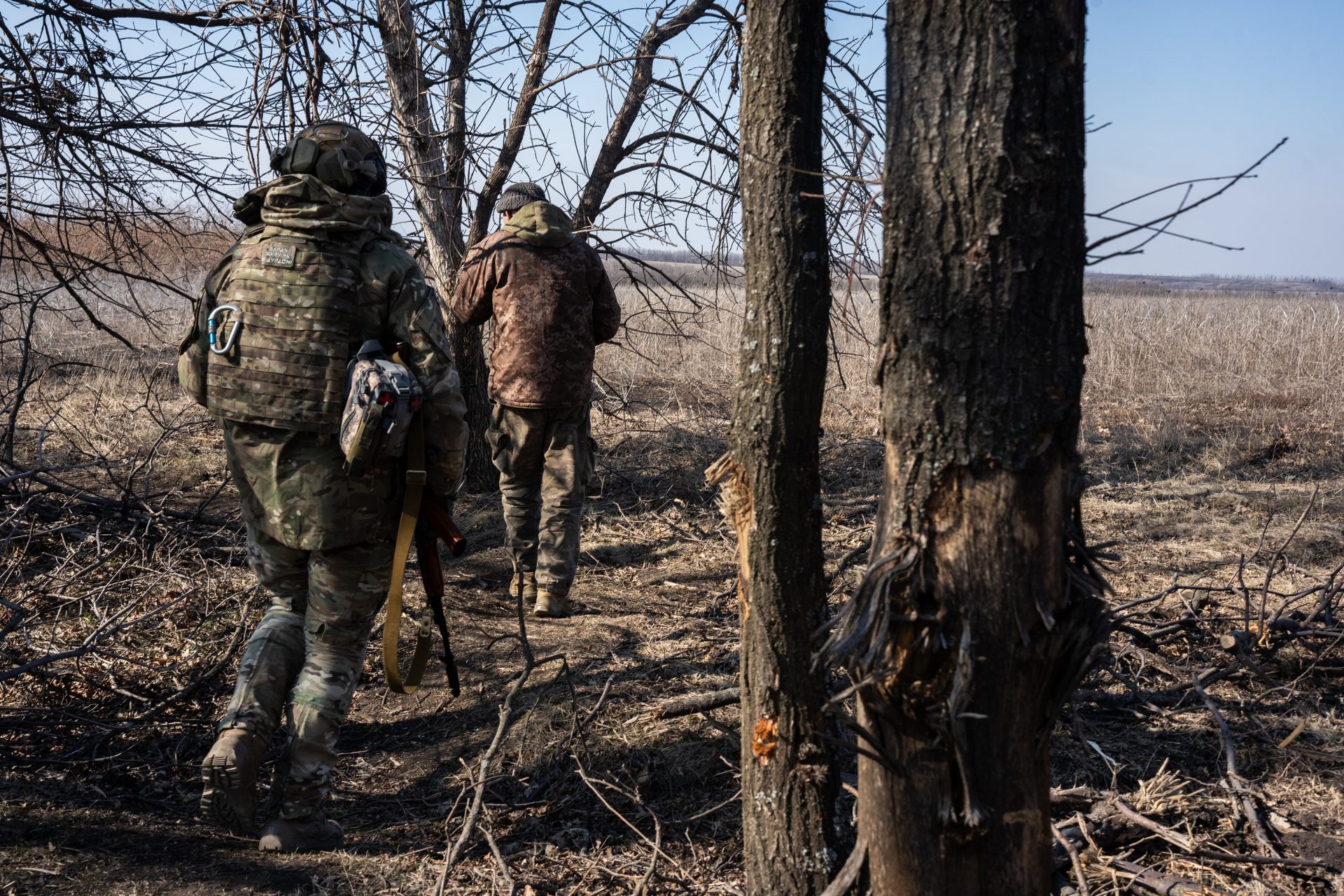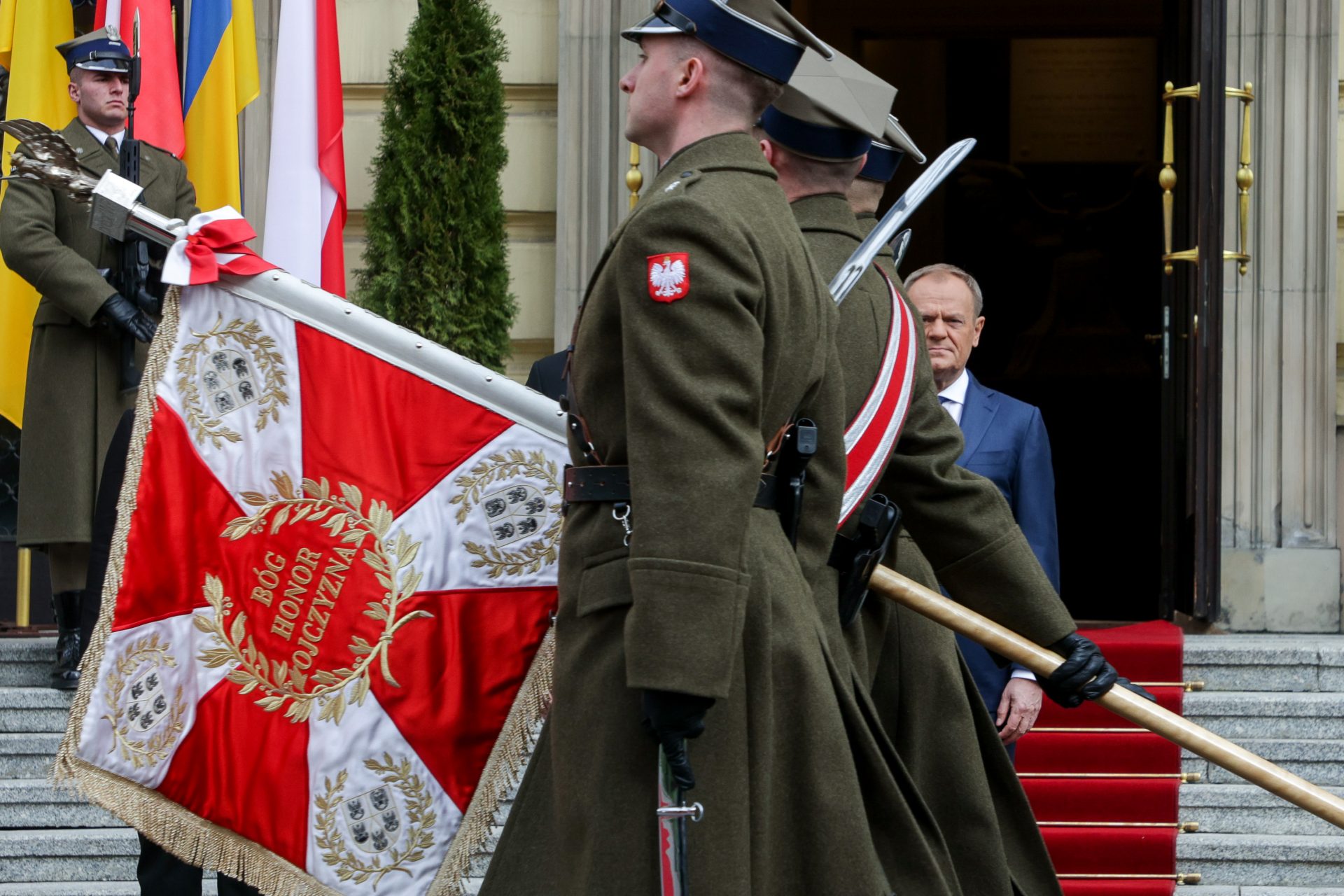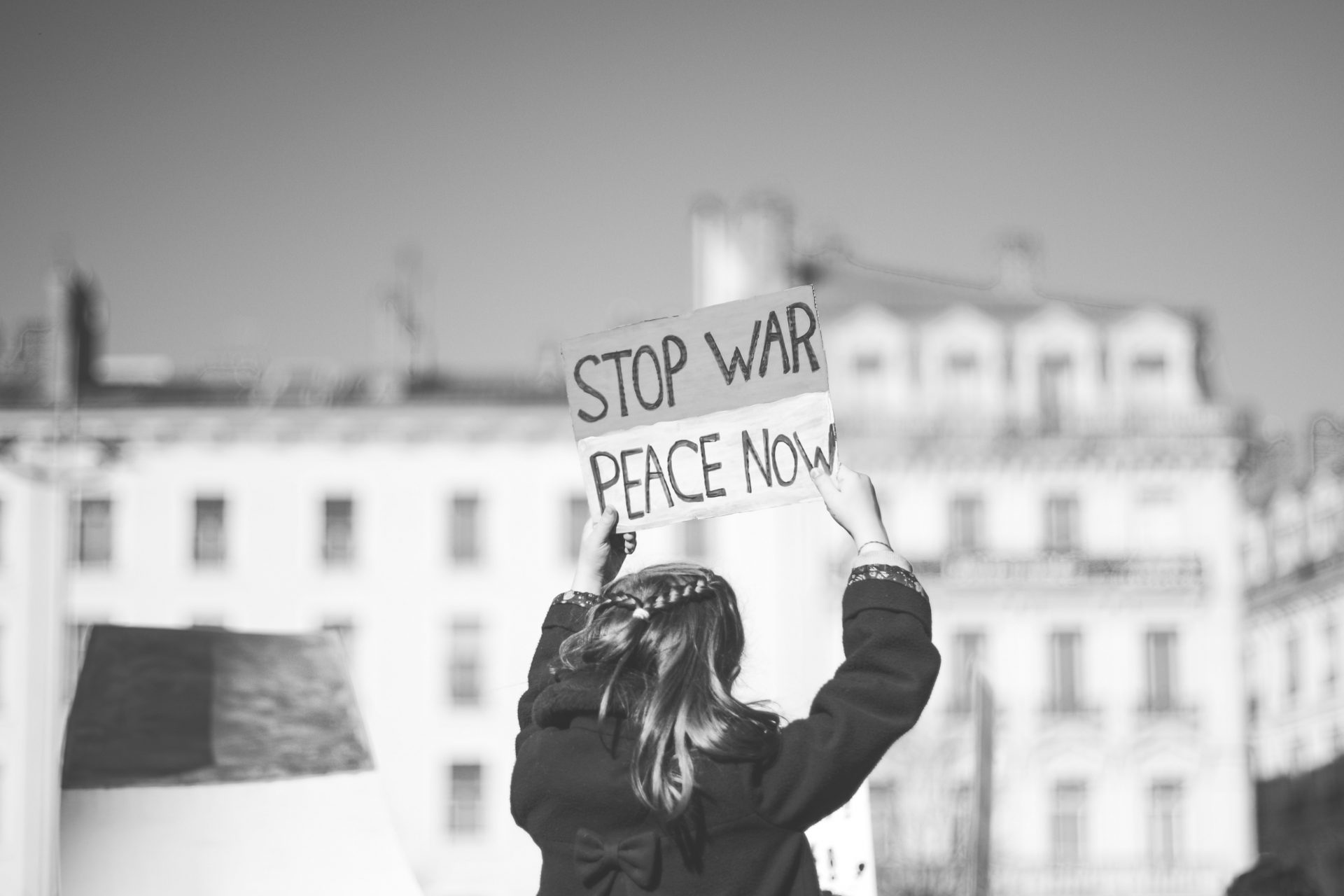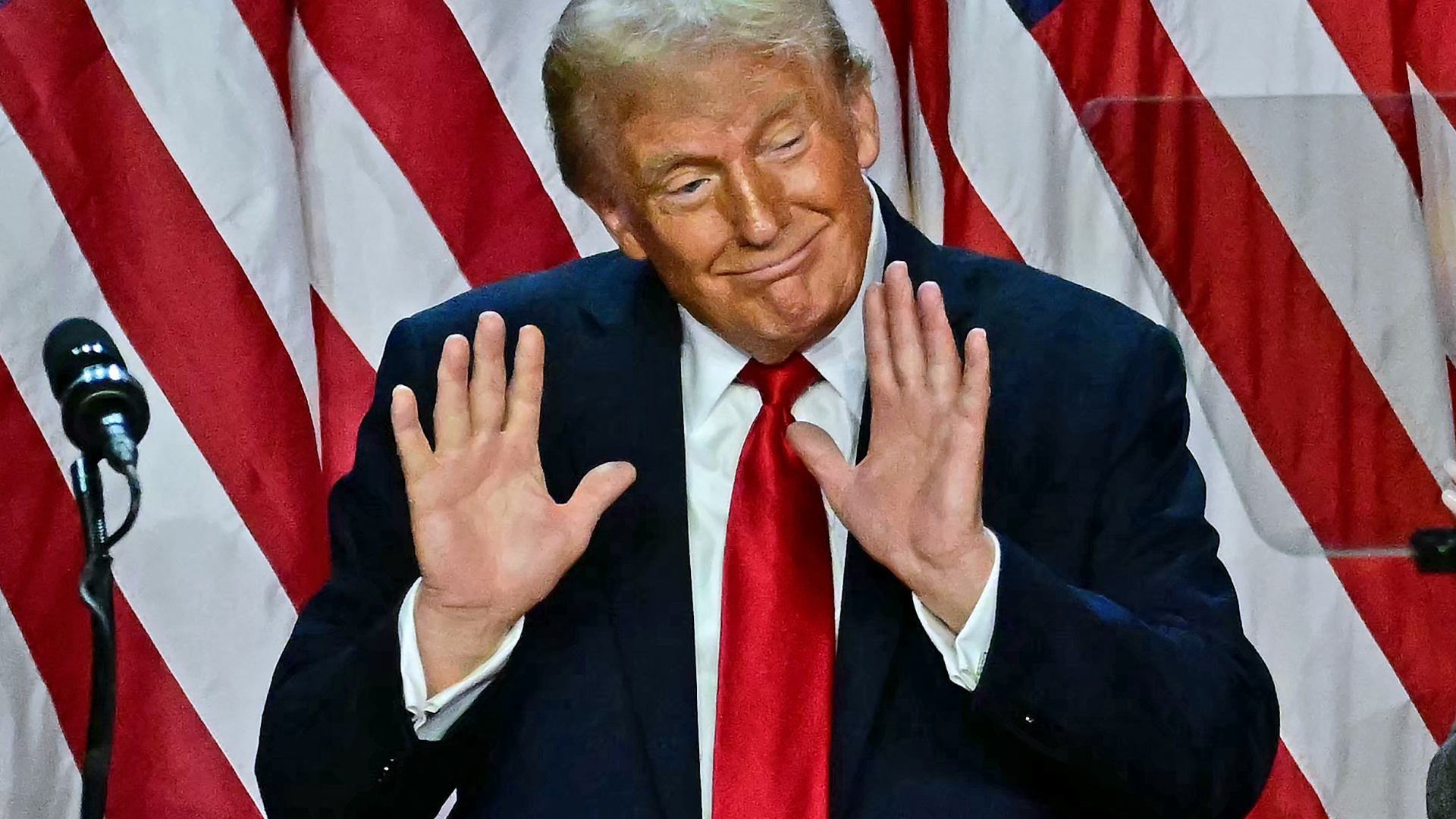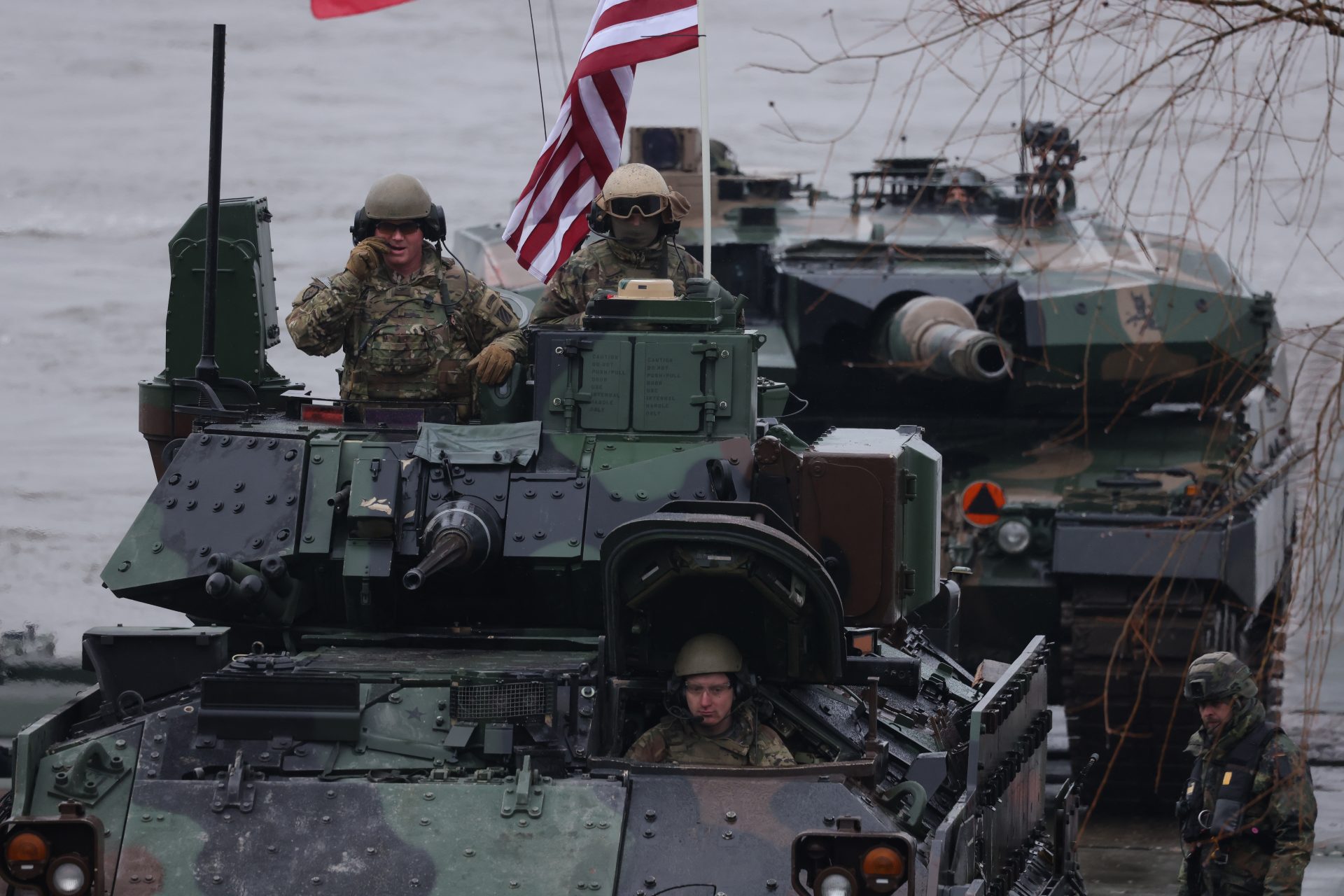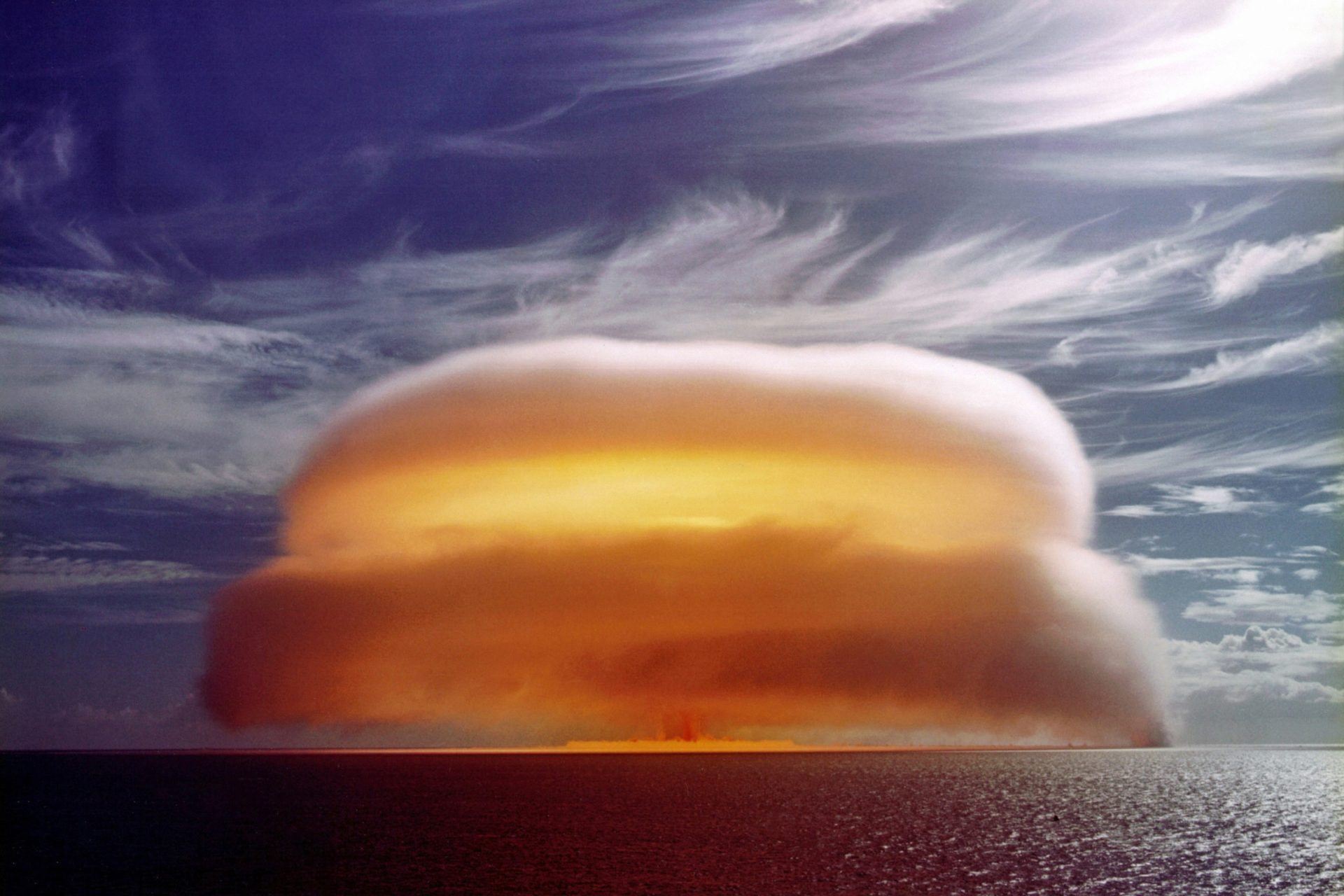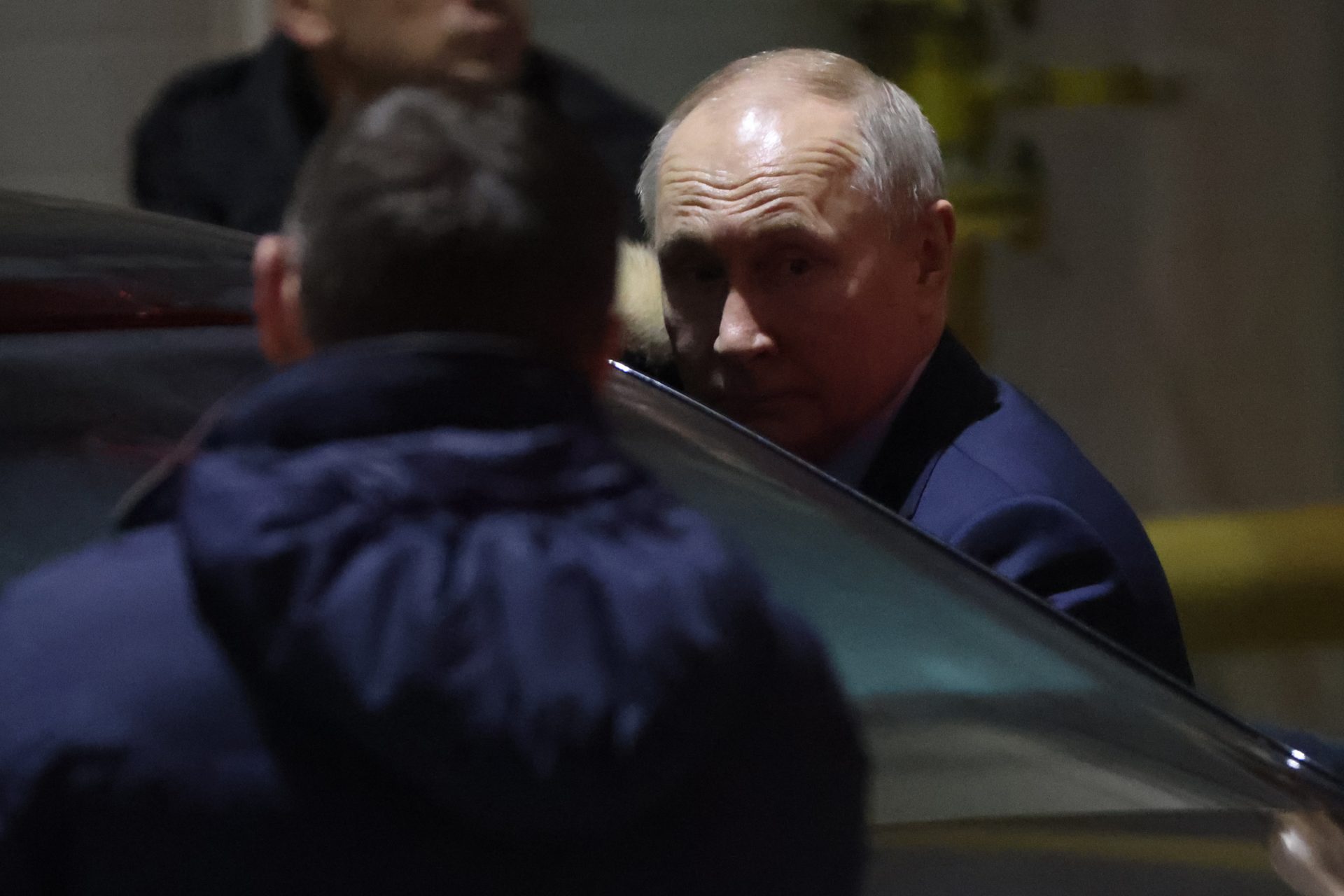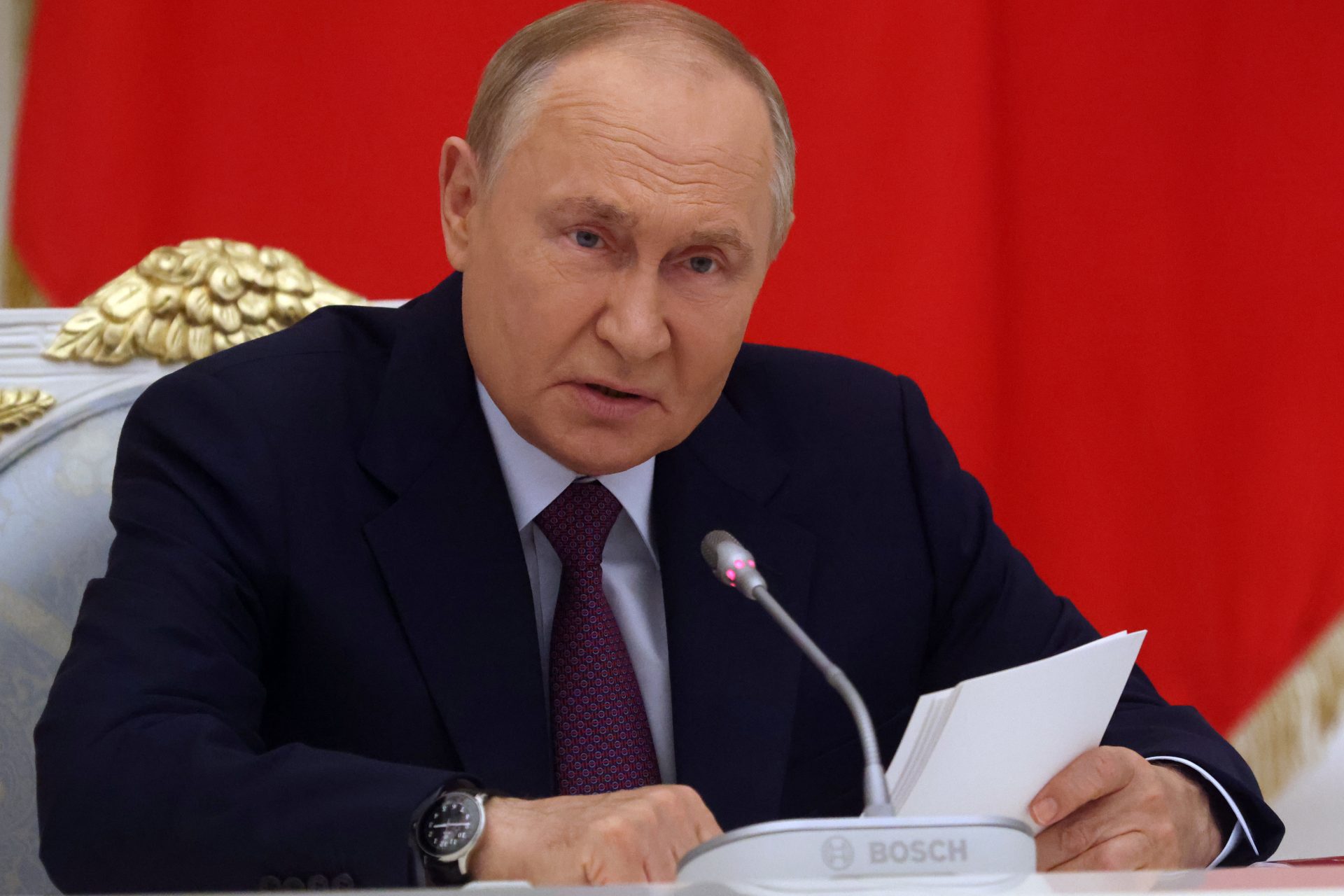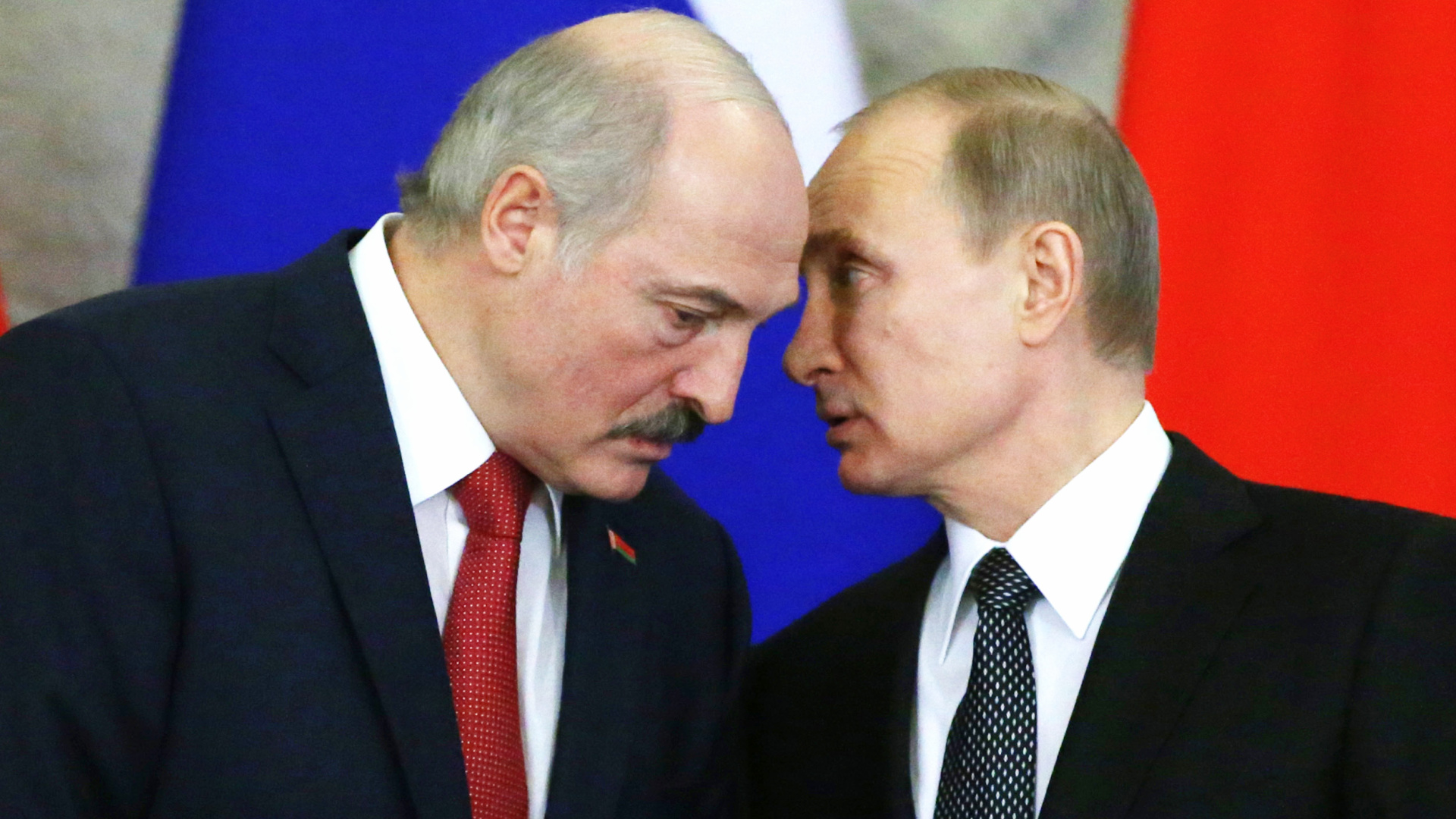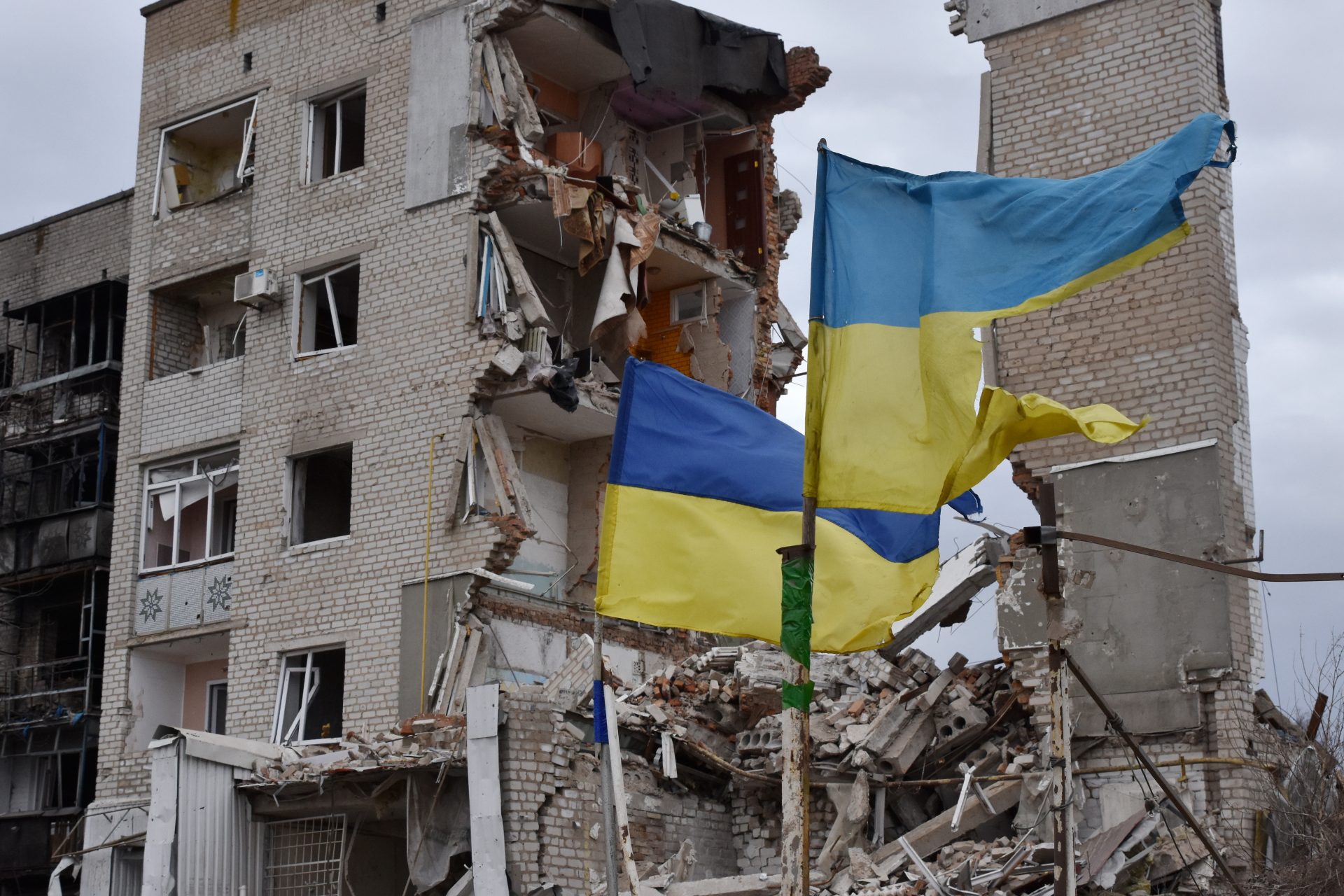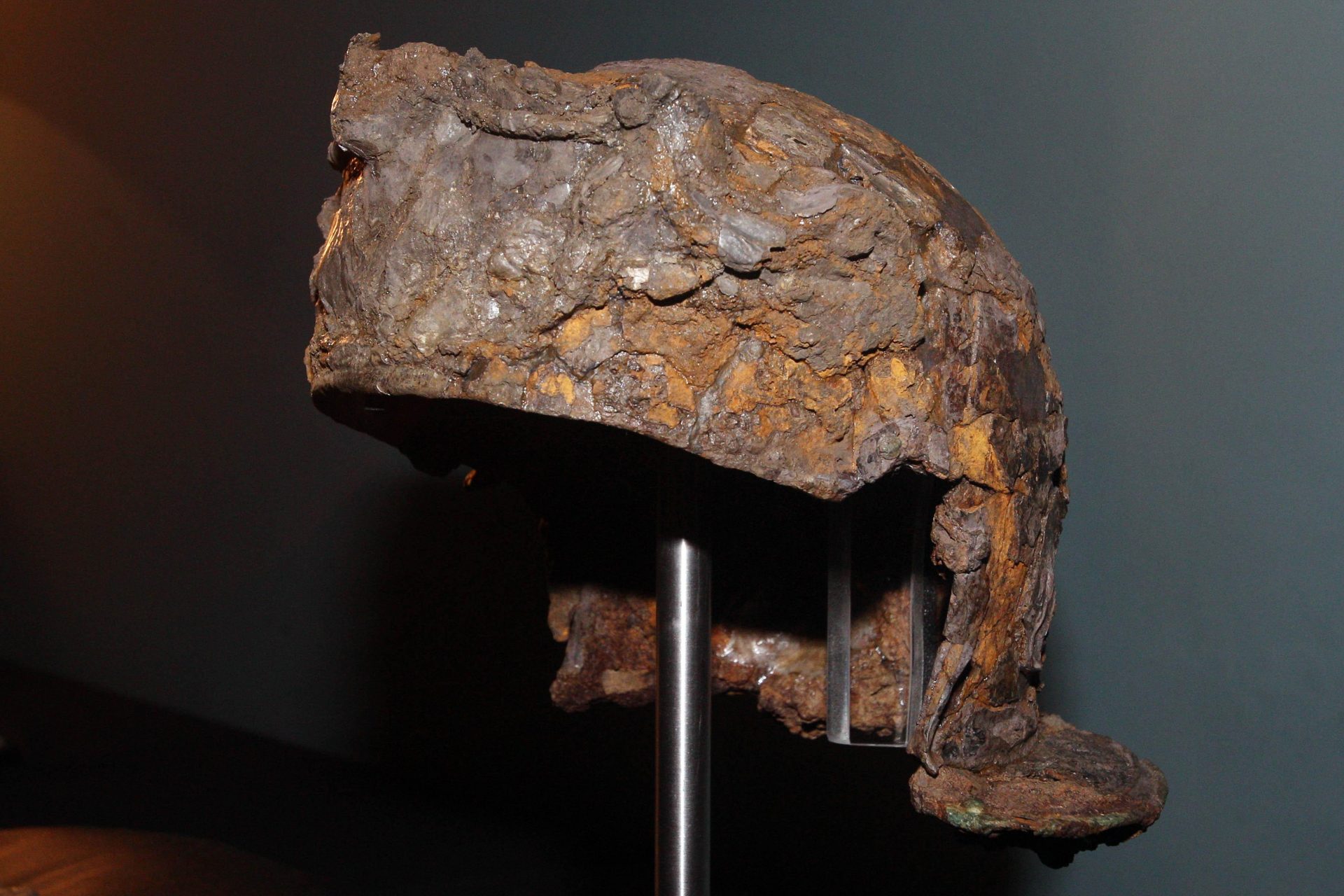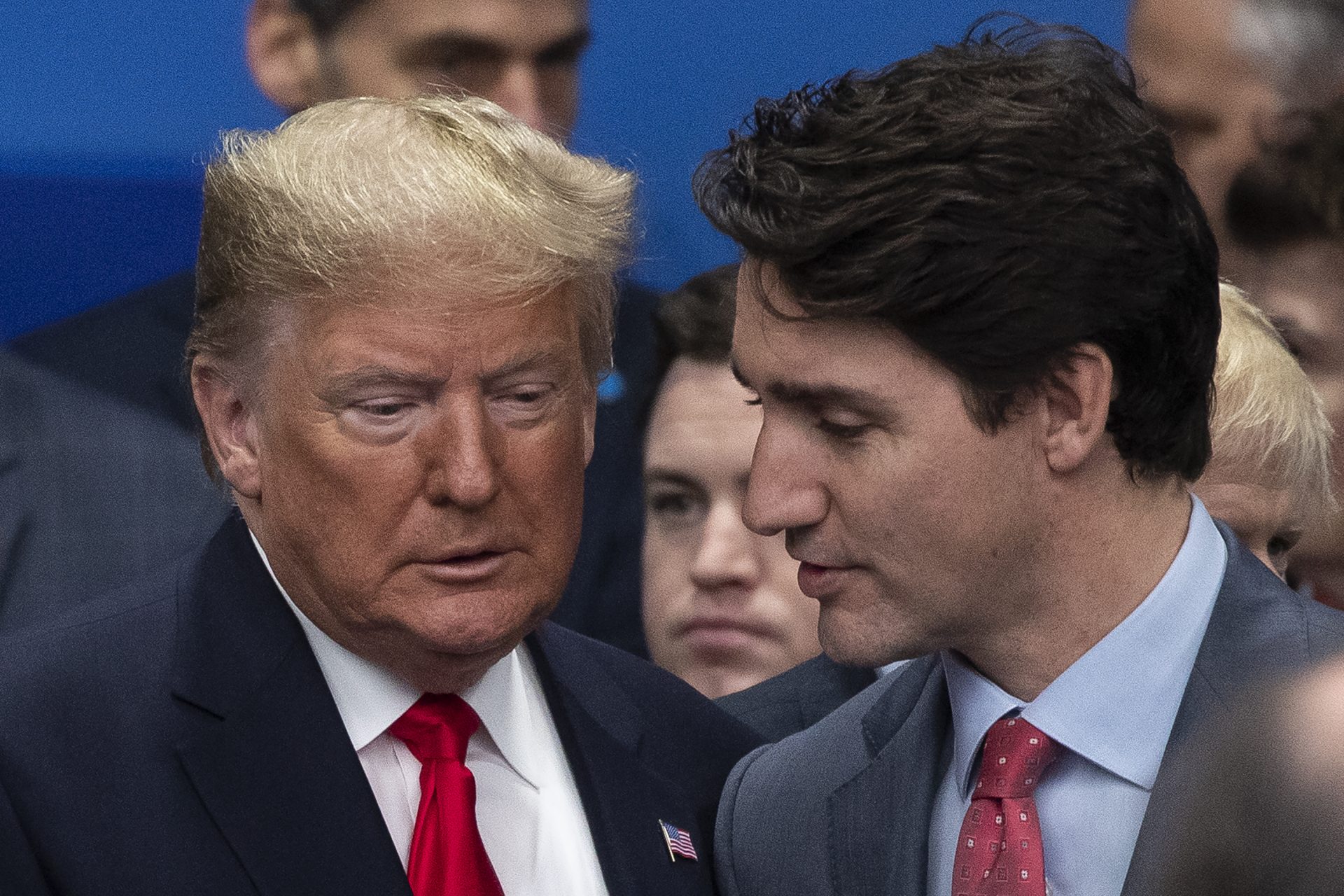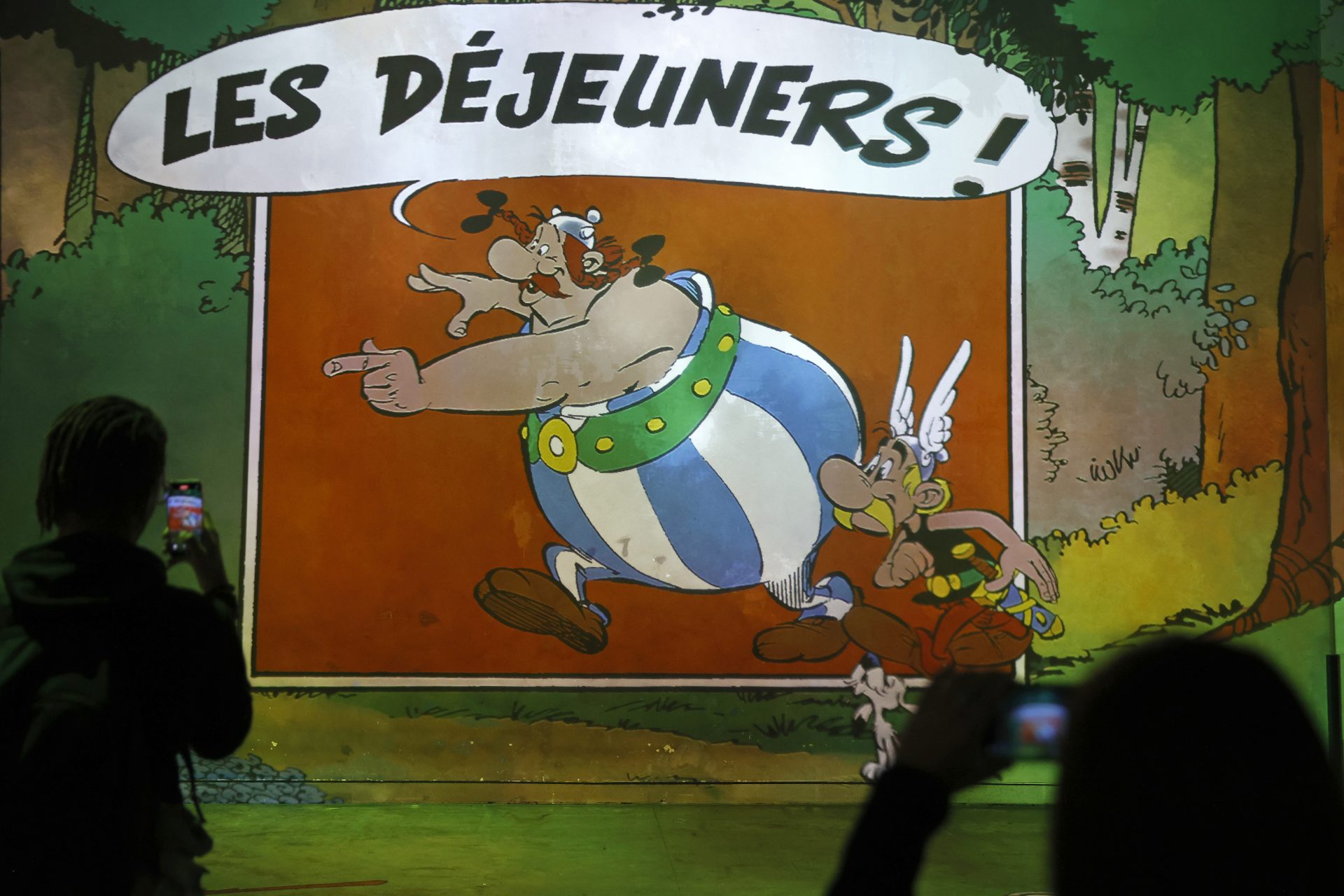Fears of a great war are growing in Europe
The ghost of conflict, long thought to be a thing of the past in Europe, has been vividly brought back to the forefront by Russia's military actions in Ukraine, prompting many nations to brace for the possibility of a large-scale war.
This old photograph of Kosovo (in 1999) takes us back to the Balkan wars that came so close to the heart of Europe. In those days, Europeans were amazed that war was returning to the Old Continent. Now, with Ukraine and the Middle East in flames, the feeling in Europe is that a great world war is imminent.
Bjarke Smith-Meyer recently wrote an analysis for the American magazine Politico whose beginning was resounding: "Europe is preparing for war."
Polish President Donald Tusk (pictured) put it clearly in an interview with the German magazine Die Welt. He assured that Europe is experiencing an evident pre-war stage.
As reported by CNN, Tusk said: "War is no longer a concept from the past. It is real, and it started over two years ago. The most worrying thing at the moment is that literally any scenario is possible. We haven’t seen a situation like this since 1945".
Tusk told Die Welt that young people have to be aware of the current state of affairs and therefore accept that they may have to take up arms. This message is in line with an open debate in many European countries about whether it is necessary to reintroduce compulsory military service.
The majority of Western countries eliminated compulsory military service after the fall of the Berlin Wall (Germany did so in 2011, Spain in 2002).
But leaders like Macron believe that it is necessary for young people to serve their country for a period and in France they are preparing a Universal National Service that would have some military content.
In the United Kingdom, the authorities also insist on preparing their fellow citizens for a possible war.
Defense Minister Grant Shapps said we had moved from a "post-war world to a pre-war world", according to the BBC, and British General Patrick Shanders (pictured) spoke in January of "mobilizing the nation" and reinforce professional soldiers with a kind of "citizen army."
Not all European public opinion wants to hear about an increase in defense spending, but that is the scenario that most leaders are pushing towards.
Trump is an isolationist who also sympathizes with Putin. Nor does he believe that the United States has to assume, as it does now, a predominant role in NATO.
And, above all, Trump made it clear on more than one occasion that he does not want to spend on defending other countries that, in many cases, refuse to increase their defense budgets.
Hence there is an entire European power elite that fights for increasing militarization with the aim that Europe can defend itself without depending on NATO or the United States.
However, the European left has a long pacifist tradition and it deeply dislikes anything that involves increasing spending on weapons and troops.
But there are analysts who believe that the left has to change its thinking in the face of the real threat of war.
Image: Egor Myznik / Unsplash
Cass Mudde wrote in The Guardian: "It is up to the (centre-)left to develop and defend a plan for a European army that finds a democratic position between pacifism and militarism."
Of course, among pacifism and the most recalcitrant left, they believe that in the political and media discourses that warn of the real possibility of a great war in Europe there is a lot of alarmism and part of political interest to drag public opinion to reactionary positions.
Never miss a story! Click here to follow The Daily Digest.
More for you
Top Stories



